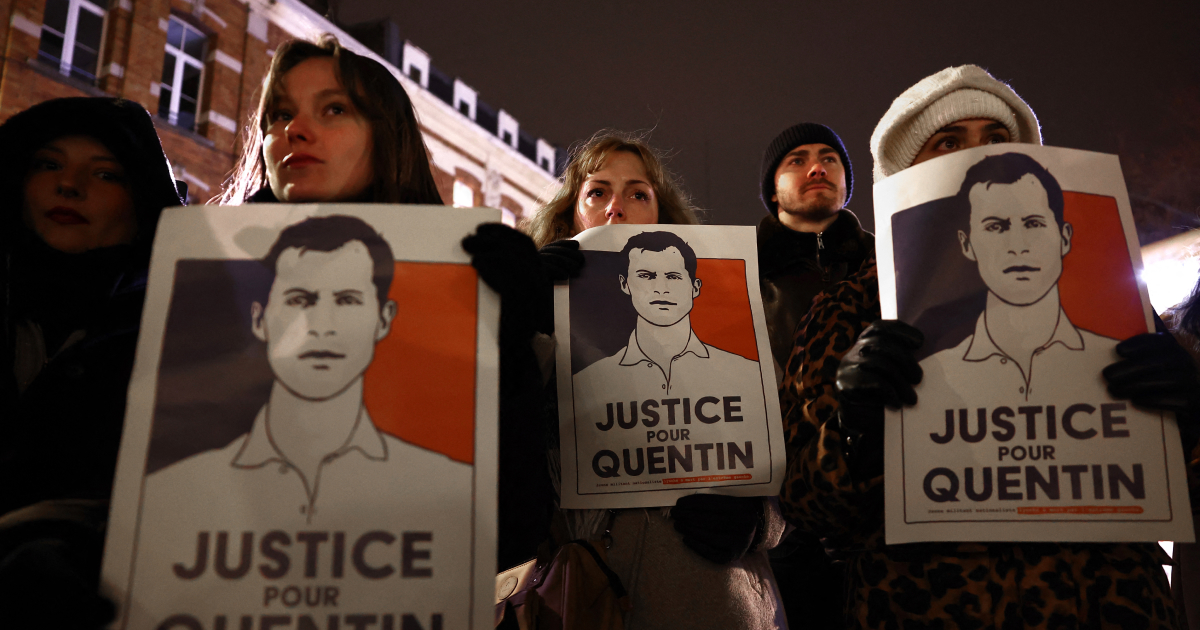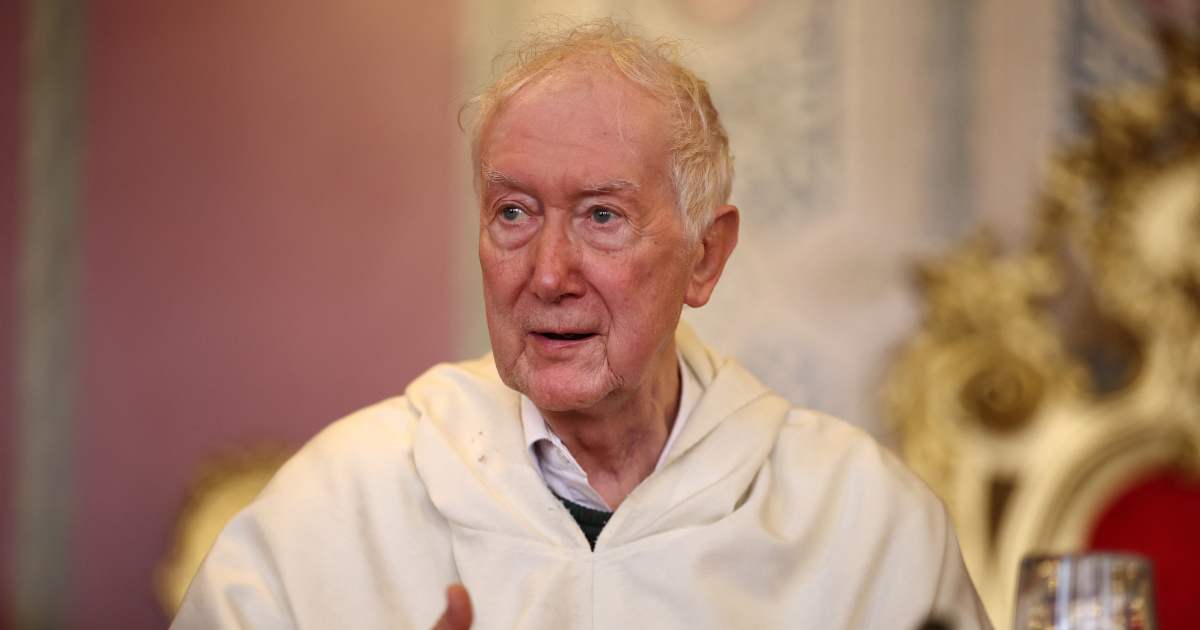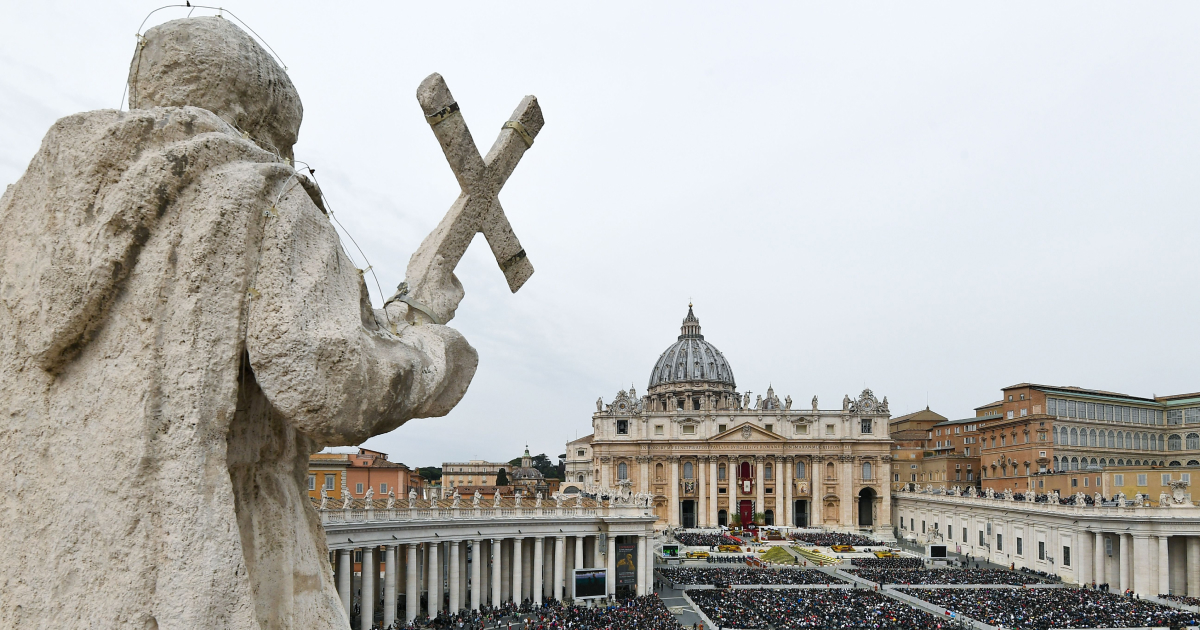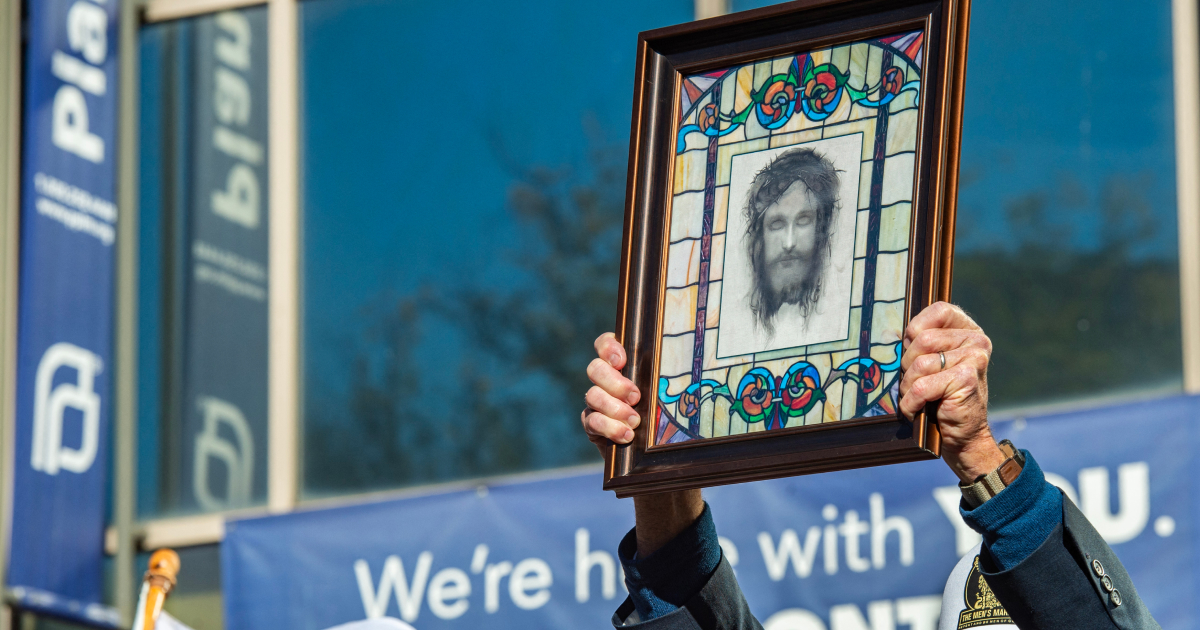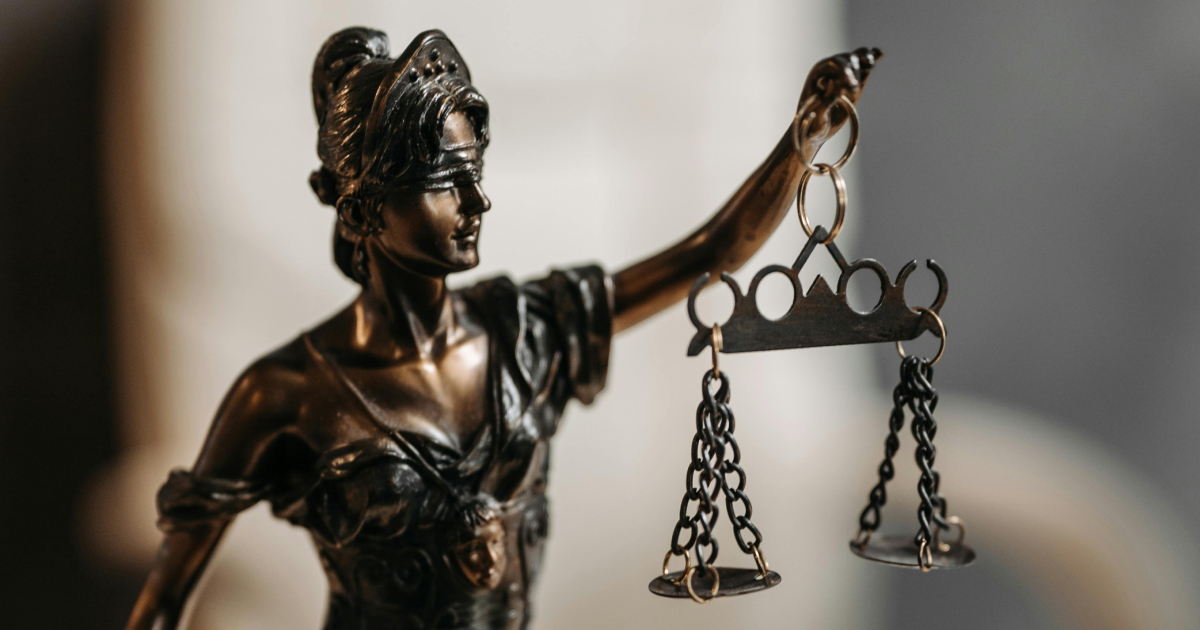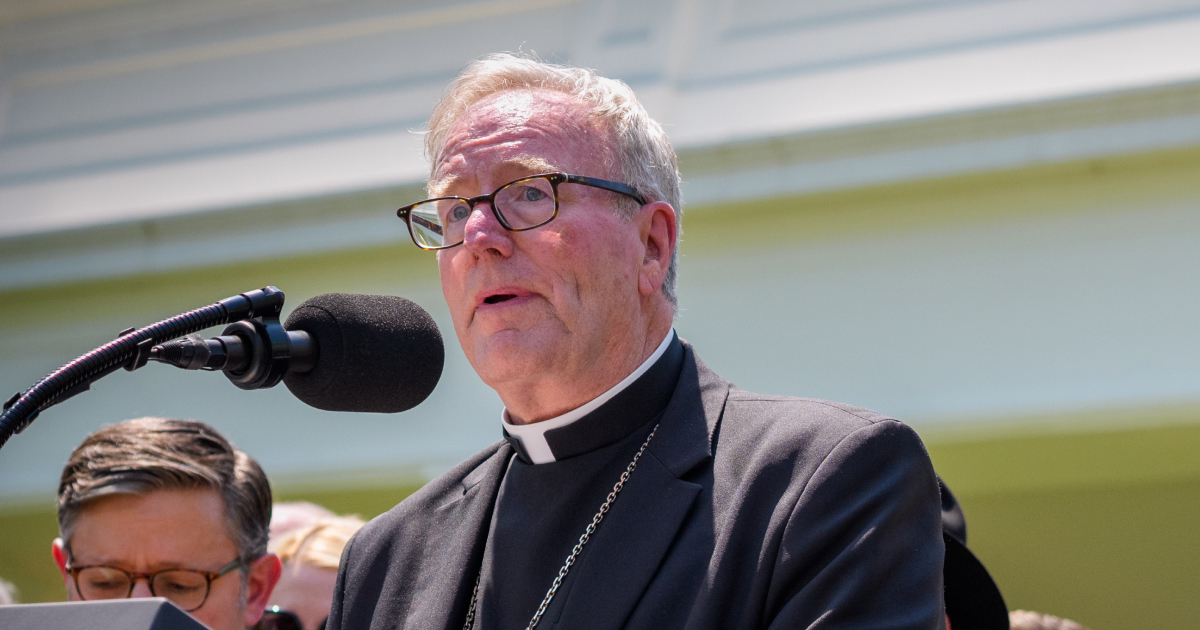On 31 July 2025, the Chamber of Deputies, the lower house of the Congress of the Dominican Republic, voted 159 to 4 in favour of a new Penal Code. The vote was followed the next day by near-unanimous approval in the Senate. President Luis Abinader signed the law on 3 August, with the code scheduled to come into effect in August 2026.
The measure modernises the penal system, introducing penalties for femicide, cybercrime, and economic violence, but leaves unchanged the nation’s uncompromising stance on abortion. Article 37 of the Constitution declares that “the right to life is inviolable from conception until death.”
“This fight [for the unborn] has lasted decades,” said attorney Loren Montalvo of Alliance Defending Freedom in Santo Domingo, quoted by Zenit News on 13 August. “They tried through the Health Code, then through the Penal Code. But every attempt ran into Article 37 of our Constitution, which declares that the right to life is inviolable from conception to natural death.”
International pressure has been intense. More than 20 organisations, backed by networks such as the Latin American Consortium Against Unsafe Abortion (CLACAI) and global groups including the International Planned Parenthood Federation, pressed legislators to liberalise. The Inter-American Commission on Human Rights also condemned the ban. Yet public sentiment has consistently resisted, rooted in a cultural and legal ethic that regards life as non-negotiable.
Carlos Polo, director of the Latin American office of the Population Research Institute, likened the struggle to a biblical contest. “All these groups—local, regional, and international—coordinate to push abortion in Latin America,” he told Zenit News. “In the Dominican Republic, they saw the Penal Code reform as their moment. They failed, but they will try again.”
The new law replaces the 1884 Penal Code, while the country’s 1954 Concordat with the Holy See continues to recognise Catholicism as the state religion. With 60 per cent of Dominicans identifying as Catholic, lawmakers framed their decision as consistent with both national identity and constitutional duty.





.jpg)


